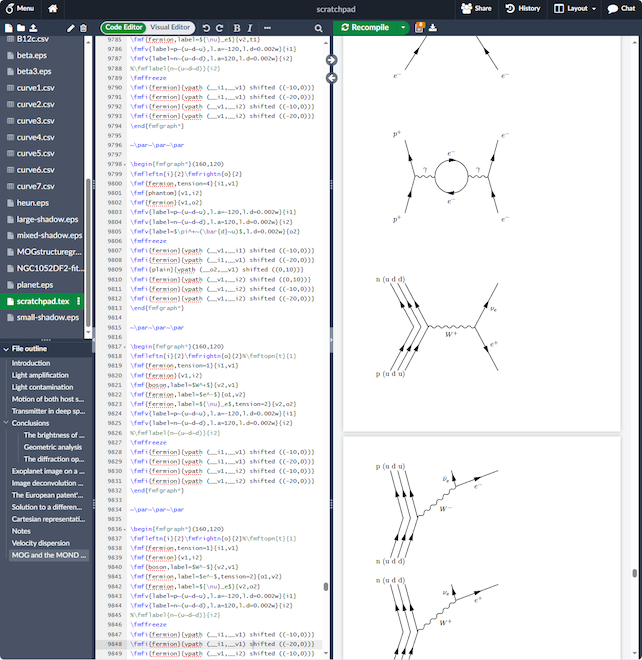Today I read the first few words of an article in The New Yorker: “Biden’s Pardon of Hunter Further Undermines…”
For the briefest of moments I saw a ray of hope. Perhaps The New Yorker‘s writers realized what really is at stake? Perhaps they were concerned about the trends undermining the rule of law?
Sadly, no. The missing expression (the title was truncated to fit into the column display presented by my e-mail program) was “… His Legacy”. That’s all they were concerned about. Biden’s legacy. The broader context: tactical victories and defeats in the never-ending political warfare in the United States.

One of my cats, mourning the rule of law…
Watching polarized American politics in recent years, it was evident that both sides were consumed by ideology and the desire to defeat the opposing side. Republicans were busy building an anti-establishment creed along with the alarming personality cult of Trump; meanwhile, Democrats have gone overboard with woke nonsense, from cancel culture to fights over pronouns to defunding the police. Republicans went out of their way to “own the Libs”, while Democrats strived to end the “white supremacist patriarchy”. However, there was one crucial difference: By and large (and notwithstanding Republican accusations about “weaponizing” the government), the Democrats mostly played by the rules, i.e., they supported the rules-based system of the American Republic, whereas Republicans declared the system itself, the “deep state”, their key enemy. As January 6, 2020 demonstrated, they were quite willing to step outside the boundaries of the rule of law to have their way.
This, of course, put Democrats at a disadvantage, akin to fighting with one hand tied behind their backs.
But now, I think, this is about to change. Call it Joe Biden’s “fuck you” moment: he decided to use his presidential powers to pardon his own son, Hunter Biden, despite repeated assurances that he had no plans to do so.
I really cannot blame him. When the president-elect is a convicted felon, when many of his nominees for key positions are themselves at the very least the targets of credible accusations of criminal behavior, I suspect Biden had enough, playing by the rules. (Technically speaking it is of course not against the rules for the President to pardon his own family members, even though it is obviously a massive conflict of interest.)
This, I think, is a pivotal, watershed moment, however. By pardoning Hunter, Biden basically declared that the rules no longer apply to their side either. This seems to be yet another nail in the coffin of the great American experiment. Once again I see historical parallels. Two thousand years ago, it was Brutus and his co-conspirators who decided that the rules no longer apply to them either. Granted, pardoning a family member is not quite on par with assassinating a Dictator, but the undercurrent is the same: The rule of law no longer matters. We may yet be generations away from the leaders of America to openly declare themselves emperors, but this is yet another crucial step towards a system of government in which the “first among equals”, the country’s head of state and head of government, is not really an equal anymore but someone entirely above the law.
One of the secrets of the success of the Roman Empire was the fact that the first emperor, Gaius Octavius, better known by the family name he adopted and the title bestowed upon him by the Roman Senate as Augustus Caesar, was truly competent. I don’t expect competence from Trump. However, is VP, J. D. Vance, is another matter. That gentleman seems frighteningly intelligent and ruthless. Makes me wonder if he is, in fact, going to become the de facto first emperor of an emerging imperial United States of America; our modern-day Octavius.
Oh well, interesting times. Love it, to be honest. Things are about to get really… fascinating.


















